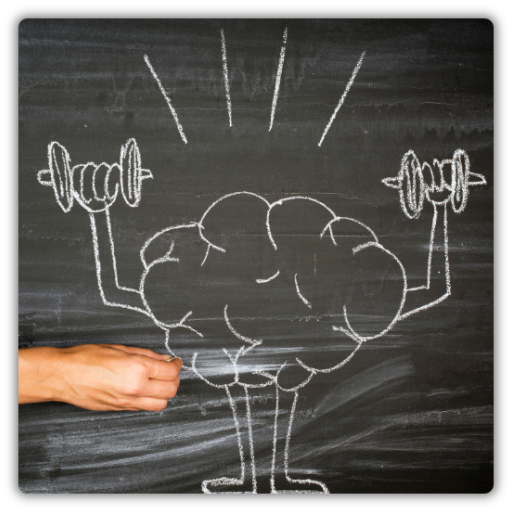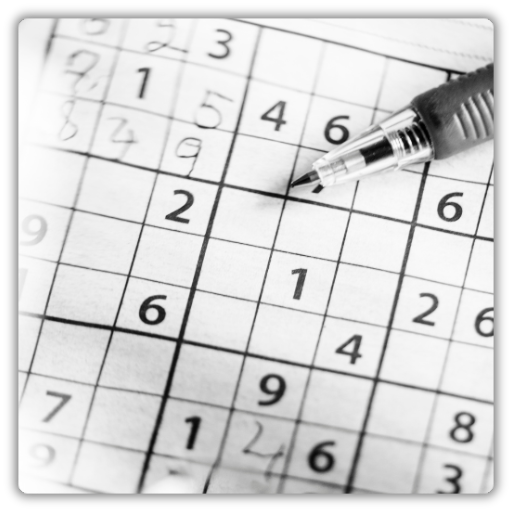What Are Effective Brain Exercises to Improve Memory?
How Do Brain Exercises Help Improve Memory?

Regular mental workouts help create new neural connections and strengthen existing ones. Brain exercises improve focus, reduce cognitive decline, and sharpen problem-solving skills, making it easier to retain and recall information when you need it most.
KEY POINTS
Regular brain exercises, such as visualization, mnemonics, and puzzles, help create new neural connections, improve focus, and reduce cognitive decline, leading to better memory retention and mental clarity.
Incorporating activities like learning new skills, meditating, or switching up daily routines can significantly enhance memory and cognitive function by engaging different areas of the brain.
Physical activity, such as playing instruments or participating in sports, supports brain health by promoting the growth of new brain cells and enhancing cognitive abilities like processing speed and memory.
Long-term brain exercises can reduce the risk of cognitive decline, improve focus and problem-solving skills, and contribute to better mental health and well-being as you age.

Pop in your email below, and we’ll zip it straight to your inbox so you never lose it!
What Are Some Quick Exercises to Try?

According to the Medical News Today, certain activities may help boost brain function and connectivity. This in turn may help protect the brain from age-related degeneration. Here are several quick and effective brain exercises you can incorporate into your routine to sharpen memory and cognitive function:
- Practice Visualization Techniques: Try recalling details of a scene, like a room you visited or a meal you had, focusing on colors, objects, and spatial arrangements.
- Use Mnemonics: Create rhymes, acronyms, or associations to remember information more easily, such as making up a phrase for a grocery list.
- Play Brain Games: Engage in activities like Sudoku, crosswords, or word search puzzles that challenge your problem-solving and recall skills.
- Learn Something New: Spend 5-10 minutes a day picking up a new skill, like learning a few words in a foreign language or mastering a simple card trick.
- Recall and List: Test your memory by listing items, such as capitals of states or countries, without looking them up.
- Meditate Briefly: Practice focused breathing or mindfulness meditation for 5 minutes to improve concentration and mental clarity.
- Switch Up Your Routine: Take a different route to work, brush your teeth with your non-dominant hand, or rearrange daily tasks to engage different parts of your brain.
Each of these exercises is simple to do, requires minimal effort, and can yield significant benefits when practiced consistently.
How Can You Incorporate Brain Training into Your Routine?
Integrating brain exercises into your day can be simple. Swap scrolling on your phone for a brain-training app during downtime, or challenge yourself to learn a few new words each day. Consistency is key to seeing lasting improvements in memory and overall cognitive function.
How Do Puzzle Games Boost Memory and Cognitive Function?
Puzzle games like crossword puzzles and card games are excellent tools to improve your memory and cognitive function in older adults. Engaging in these activities promotes working memory and helps protect the brain from cognitive impairment, especially mild cognitive impairment.
By learning new skills and challenging your brain, you can enhance memory and improve your concentration. These brain exercises to try can lead to structural changes in the brain, increasing brain volume and boosting mental sharpness.
Incorporating 10 brain exercises into your routine may improve cognitive abilities and memory retention. Regularly exercising the brain allows you to keep your mind sharp, supporting your overall well-being and helping you challenge your brain in new ways.
What Role Does Physical Activity Play in Brain Health?
Research has shown that engaging in regular physical activity can significantly help keep your brain healthy by promoting the growth of new brain cells and enhancing brain structure. Activities like playing an instrument or participating in sports can keep your brain sharp and strengthen your brain through the use of multiple cognitive abilities. In particular, physical exercise is a fantastic way to increase brain power and maintain brain function, supporting essential cognitive skills such as processing speed and memory.
Incorporating 5 brain exercises into your routine, such as puzzles or learning new skills, can also boost your mental agility. By keeping your brain active, you can enhance the best brain performance as the brain is capable of learning at any age. Focusing on your brain health through physical activity not only enriches your cognitive experience but may also help boost overall well-being.
How Can You Help Your Brain Stay Healthy Over Time?
What Lifestyle Changes Can Improve Cognitive Function?
Looking for ways to improve your cognition is essential, especially among older adults facing memory loss. Engaging in regular exercise, such as tai chi, can help reduce stress and enhance thinking skills. This combination may help boost your memory and thinking skills significantly.
Learning a new language is another effective approach. It challenges the brain and proves that you are capable of learning new skills at any point in life. Activities like board games or a game of cards can also provide brain benefits through visual and auditory engagement, supporting a healthy brain.
A systematic review and meta-analysis suggest that these lifestyle changes can impact the brain positively, potentially delaying the onset of dementia. By adopting these habits, your brain will thank you as you work to enhance cognitive function and boost your memory.
How to Create a Brain-Boosting Daily Routine?
To create a brain-boosting daily routine, incorporate activities that simultaneously engage both cognitive and physical skills. For instance, the dual n-back game can enhance brain activity and improve working memory. Adhere to strict sourcing guidelines when selecting resources to ensure they promote overall mental health conditions.
What Are the Long-Term Benefits of Exercising Your Brain?
Exercising your brain offers numerous long-term benefits that enhance cognitive function. Regular mental challenges can improve memory and increase focus, leading to better problem-solving skills. Additionally, engaging in brain exercises may reduce the risk of cognitive decline as you age, promoting overall mental health and well-being.











